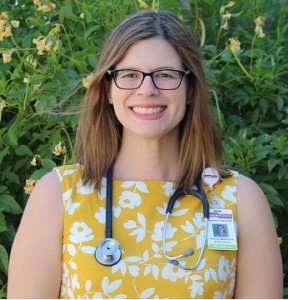Road Trip – Got Healthy Snacks?
By Kristal Burton, RDN | NOAH Health Centers
It’s that time of year when you load up the family and drive off toward adventure. It’s easy when sitting in a car for long periods to justify continually snacking on foods you normally try not to make a habit of munching on, but those seemingly innocent snacks can stack up to a lot of weight gain, bloating and discomfort. Pack these dietitian approved healthy snacks and if you are going to stop to eat a meal, pick a restaurant that offers healthy meal options. Read more


